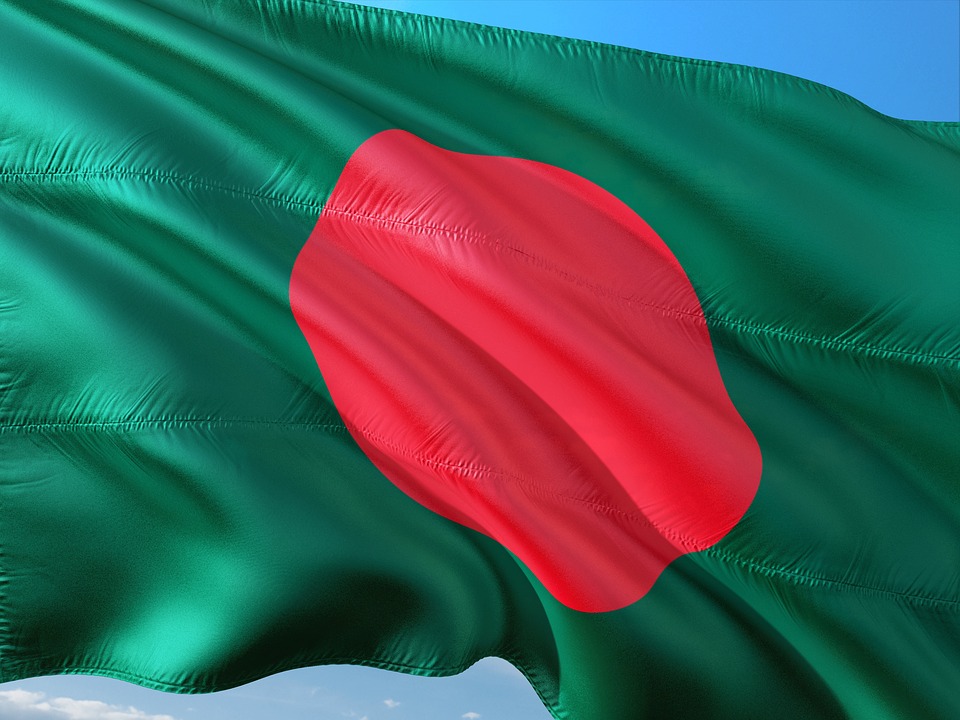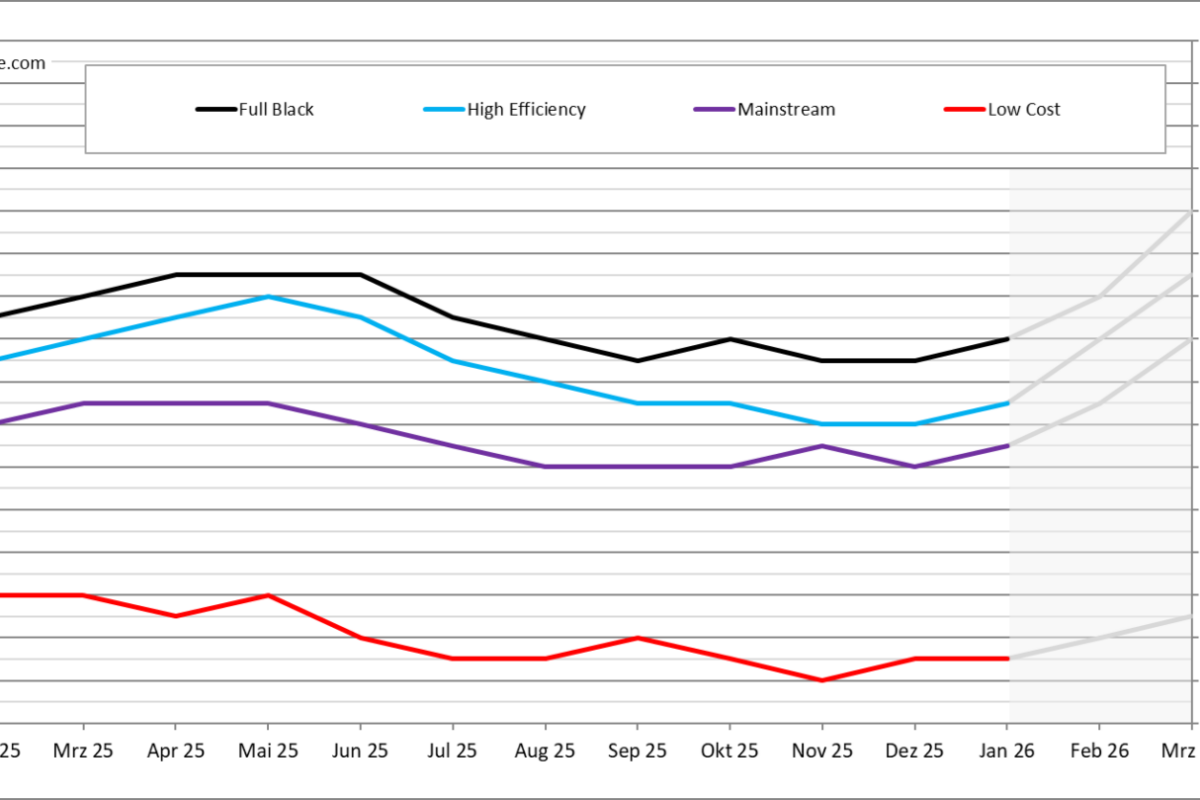German renewables company Ib Vogt GmbH, and local partner AG Agro Industries Ltd, are facing demonstrations as they endeavor to set up a 50 MW solar power plant in Bangladesh’s Feni district.
Protesting farmers have formed human chains in the project area and claim farmland producing three crops a year was selected for the solar site instead of a barren field. The protesters say 5,000 farmers will lose their livelihoods if the Sonagazi Solar Power Ltd project is constructed on 207 acres of farmland.
The controversial project is being established by state body the Bangladesh Power Development Board under the Private Sector Power Generation Policy of Bangladesh Act of 1996, which aims to generate private capital for the power sector.
Offtaker
The power development board will purchase electricity generated at the site for $0.1094/kWh, for 20 years, on a ‘no electricity, no pay' basis.
The protests come after the Ministry of Power retracted a notification issued in 2016 to acquire 459 acres in the area for solar plant construction. The retraction was made after the lands were found to be crop bearing.
That decision did not deter Ib Vogt and agricultural foods company AG Agro from recently beginning the process of acquiring 207 of the disputed 459 acres.
Protesters have alleged the land has been wrongly designated uncultivated.
Jasim Uddin, convenor of the local Land Protection Committee told pv magazine the project site produces three crops per year and there is no way it should be branded uncultivated. He said the lands were owned by the forefathers of the protesters.
“Hundreds of people will fall prey if the lands are acquired,” said Uddin, adding demonstrators have submitted a memo to the prime minister’s office seeking to block acquisition of the land by the solar project developers.
Shamsul Arefin, chairman of a local union, told pv magazine the selection of such cropland for solar development is illegal. The livelihoods of “hundreds of people” depend on the fields, he said, adding: “We cannot accept [the destruction] of fertile lands.”
Public sites
Arefin said he supported the development of solar sites in the region but that facilities should be installed on uncultivated, ‘khas’ land owned by the government. “There are huge khas lands in the south of the selected area where the plant can be set up,” he said.
However Sk Abu Mahadi, country manager for ib vogt, said land scarcity in Bangladesh meant any plans for solar would face similar resistance.
“We will pay the compensation to the land owners through government channels accordingly,” he said, adding landowners would receive four times the actual value of the site in question. Mahadi told pv magazine the site in dispute was mainly char land which had previously been allotted to landless people by the government. “These lands have not been turned [in]to three-crops-land so far,” he added.
This content is protected by copyright and may not be reused. If you want to cooperate with us and would like to reuse some of our content, please contact: editors@pv-magazine.com.



Agrivoltaics is not a feelgood option. Multiple use moot become the norm, whether for shade-tolerant crops, grazing by poultry and sheep, or wildflowers, bees and desert tortoises.